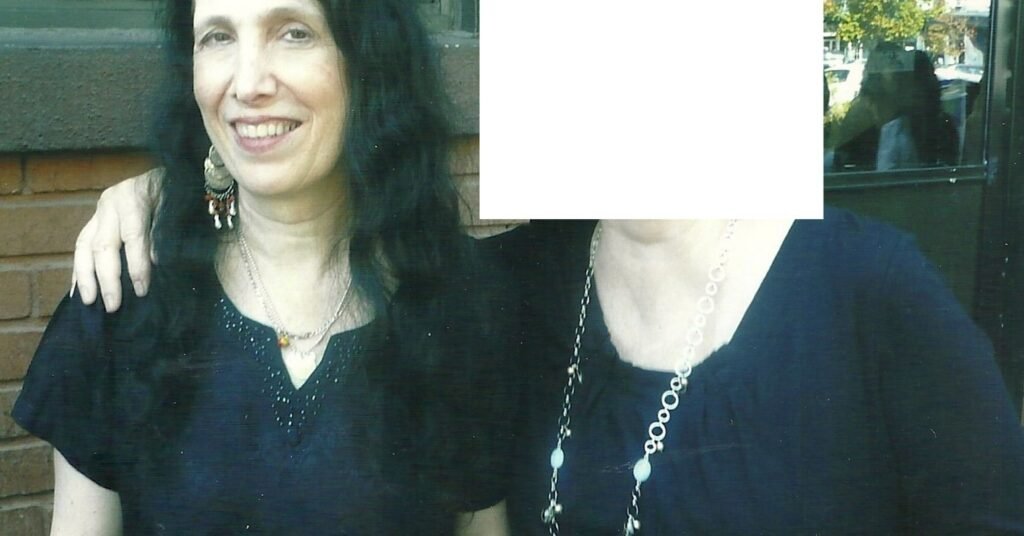The Liberation of Estrangement: A Personal Journey
Approximately six years ago, a rift formed between me and my older sister, leading to a painful estrangement. What was once a close and loving relationship became marred by verbal abuse, threats, and a deep-seated animosity. My sister’s disdain for me was palpable; she wished for my demise and severed all ties with me. This marked the onset of what I now refer to as the Great Silence.
In contemporary discourse, estrangement is a contentious topic that elicits strong opinions. Some argue that cutting off family members is a cruel act that inflicts immense pain. I, too, grappled with feelings of guilt and sorrow as I navigated this newfound reality. It was challenging to accept that someone I cherished harbored such intense animosity towards me. I clung to the hope of reconciliation, only to be met with rejection and hostility.
The genesis of our estrangement can be traced back to a pivotal moment in our lives. Growing up, my sister was my idol – a radiant, talented individual destined for greatness. In contrast, I struggled to find my own identity and voice in her shadow. However, our roles shifted dramatically as we entered adulthood. My sister’s life took a tumultuous turn, leading her down a path of resentment and bitterness. She projected her unhappiness onto me, viewing my presence as a painful reminder of her unfulfilled aspirations.
I made numerous attempts to mend our fractured relationship, extending forgiveness even in the face of profound emotional neglect. However, as time passed, the wounds inflicted by her actions became increasingly difficult to overlook. Her refusal to acknowledge her behavior, coupled with outbursts of rage and manipulation, created an untenable situation. Despite my efforts to initiate dialogue and seek resolution, she remained entrenched in a cycle of blame and hostility.
Writing became my refuge amidst the turmoil of our estrangement. Through essays and a novel titled The Inseparables, I sought to unravel the complexities of our relationship and process the profound sense of loss. While the novel offered a fictionalized resolution, reality painted a starkly different picture. Legal threats and continued hostility only served to deepen the chasm between us.
The prospect of reconciliation loomed ever-present, tinged with the hope of healing and understanding. Yet, my sister’s unwillingness to engage in meaningful dialogue or seek help for her emotional turmoil thwarted any possibility of reconciliation. Her insistence on burying the past without addressing underlying issues perpetuated a cycle of pain and estrangement.
Years have passed since we last communicated, and the void left by her absence lingers. I often wonder about her well-being and the life she now leads. Despite the pain of separation, I find solace in the newfound peace and stability that estrangement has brought into my life. My decision to prioritize self-care and emotional well-being has been met with skepticism and criticism, but ultimately, it has allowed me to cultivate a sense of inner peace and resilience.
While estrangement from a family member may be met with judgment and disapproval, it is essential to prioritize one’s mental and emotional health. Striking a balance between compassion for the past and self-preservation is a delicate yet necessary endeavor. As I continue to navigate the complexities of estrangement, I hold onto the hope that healing and reconciliation are possible, even if they manifest in unexpected ways.
About the Author:
Caroline Leavitt is a critically acclaimed author with numerous bestselling novels to her name. She is a co-founder of A Mighty Blaze and a respected book critic for People. In addition, she shares her passion for writing as a teacher at UCLA Writers Program Extension. To learn more about Caroline Leavitt and her work, visit www.carolineleavitt.com.

